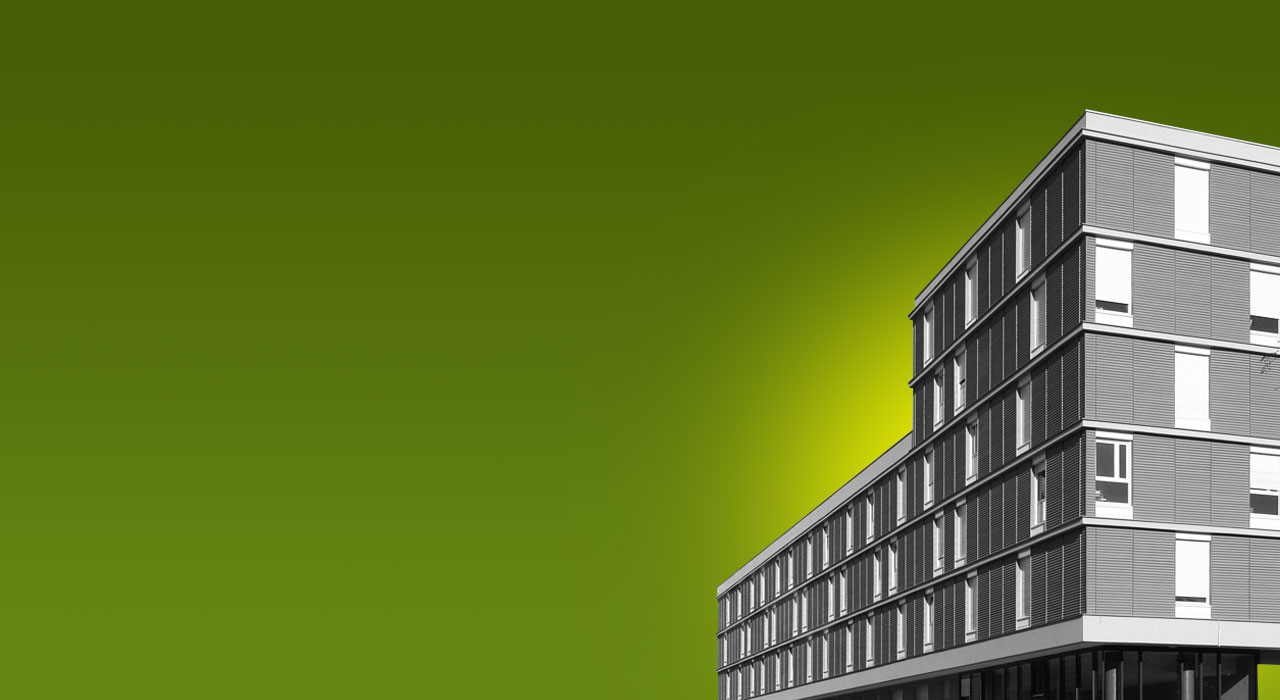

Our team has been among the pioneers in sustainable development (urban design) and in H. Q. E. (architectural design). We recognized early on the importance of the environmental question, especially through our collaboration with Patrick Martin (TERRE-ECO), the P.U.C.A. (Plan Urbanisme Construction Architecture) advisor for sustainable development. Our team thus rapidly devised an environmental approach on both urban and architectural design.
In 1994, during the competition for the Joint Development Zone (ZAC) "La Chocolaterie" in Pantin, for which our proposal was selected as winning entry, one of the housing operations has been the subject of an experimental procedure under the auspices of the interdepartmental service 'Plan Construction', related to various objectives of the evolving High Environmental Quality Proceedings (HQE).
This experience was analyzed and partially served to constitute the following objectives of the HQE:
- The management of construction site: traffic, flows, planning, selective waste-sorting, noise- and nuisance reduction.
- The environmental quality of building materials (carbon emissions, recyclability).
- Building procedures, economy and security of implemented resources.
During a major rehabilitation of 283 housing units in Paris we implemented the method called "sequential" which rationalized the intervention within the inhabited areas (demolitions, clearances, etc.) with the goal of reducing the nuisances to the maximum: managing the noise and dust pollution, the rubble, the security risks and restoring the functions after each day's operation (water, electricity, evacuations), controlling the deliveries and supplies (no advance, no delay). This method has lead to over 30% time saving as comparing to the traditional planning.
While serving as the chief architect of the Vigny-Musset Urban Development in Grenoble (2000 housing units, offices, public amenities and businesses) of which we won the competition in 1995, and since 2000, we have been compiling and introducing to the Standard Building Contract Terms of this development zone a HQE charter, applicable to all contractors operating within. Acting in the quality of supervisor of the building permits, we have been ensuring their compliance with the H. Q. E. objectives. As architects for 20% of the constructions in this zone, we have been implementing these objectives, in particular:
Concerning the objectives of "Exterior environment":
- Integration in the site, greening (including the roofs), management of the skyline...
- Choice of procedures and products of construction,
- Low nuisance,
- Management of waste,
Concerning the objectives of "Interior environment":
- Hygrothermal comfort (exterior insulating, quality of closing),
- Acoustic comfort (floating screeds, application of New Acoustic Regulations),
- Energy consumption management (solar panels, natural lightning of the halls and of vertical circulation systems),
- Water consumption management,
- Connection to district heating system,
- Preheating of domestic water system,
- Improvement of the thermal insulation of building (level of performance fixed to -8% calories by the NRT (New thermal regulations).
The colloquium organized in March 2002 by CEGIBAT (Centre d'Information de Gaz de France pour l'industrie et le bâtiment) on the topic of bioclimatic housing noted one of our realized projects in Paris as illustrative of the environmental approach with regard to the use of natural cooling.
In 2011, we carried out the construction in the Nord-Emile Chaîne, 18th district of Paris, which evolved under the sustainable planning approach with the adherence to the Charter of H&E (Habitat et environnement).
Two other projects, submitted to the building permit committee in January 2007, are compliant with the RT 2005 thermal regulation, one in the framework of HQE, and another of H&E.
In September 2007, we won a competition for a housing project in Grenoble; its program fixing a very high level of environmental performance.
Our winning proposal for 23 190 m² of office space in The Technocampus of Neuville University aimed at numerous HQE objectives and the level of insulation RT-réf. -20%.
These few examples demonstrate our interest – a longstanding one, too - in the environmental approaches and allow us to maintain our expertise in this procedure.